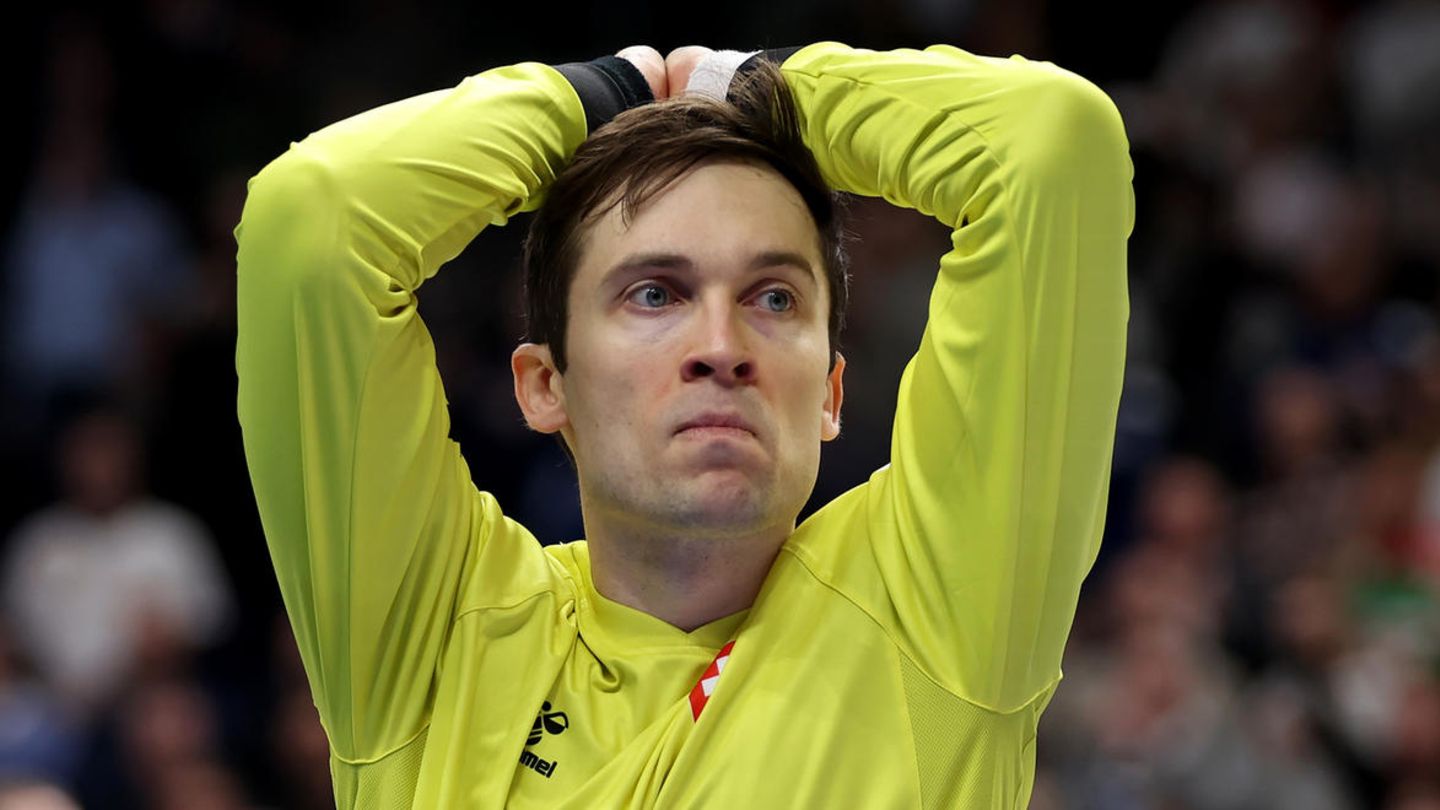Doping Scandal Overshadows Jannik Sinner’s Australian Open Ambitions
Introduction
The emergence of 19-year-old Jannik Sinner as one of the most promising rising stars in tennis has been met with great excitement and anticipation. However, this promising journey has been clouded by the revelation of a doping scandal that threatens to overshadow his Australian Open ambitions and potentially derail his career.
The Allegations
In December 2021, news broke that Sinner had tested positive for a banned substance, SARMs (Selective Androgen Receptor Modulators). SARMs are a class of drugs that have performance-enhancing effects similar to anabolic steroids, but with fewer side effects. The International Tennis Federation (ITF) has placed Sinner under provisional suspension pending an investigation.
Sinner’s Response
Sinner has vehemently denied the allegations, claiming that he has never knowingly taken any performance-enhancing substances. He has requested a full investigation to clear his name and has stated that he will cooperate fully with the ITF.
Investigative Process and Potential Penalties
The ITF’s investigation is currently underway and is expected to take several months. If Sinner is found guilty of doping, he could face a significant suspension, potentially ranging from two to four years. Such a suspension would effectively end his 2023 Australian Open campaign and severely damage his career prospects.
Impact on the Tennis World
The doping scandal involving Jannik Sinner has sent shockwaves through the tennis world. Many are shocked and saddened by the allegations against a player who was widely regarded as the sport’s future star. The incident also raises concerns about the continuing prevalence of doping in tennis and the challenges faced in combating it.
Ethical and Health Considerations
Doping in sports is not only unethical but also poses serious health risks to athletes. SARMs, in particular, have been linked to an increased risk of heart and liver damage, as well as potential psychological side effects. The use of performance-enhancing drugs undermines the integrity of the sport and creates an unfair advantage for those who engage in it.
Perspectives on Doping
There are differing perspectives on doping in sports. Some argue that it is a necessary evil in an increasingly competitive sporting world, while others condemn it as unethical and harmful. The World Anti-Doping Agency (WADA) has adopted a zero-tolerance approach to doping and has implemented strict testing and disciplinary measures to deter its use.
Conclusion
The doping scandal involving Jannik Sinner has cast a dark cloud over the Australian Open and the young player’s promising career. The allegations are serious and must be thoroughly investigated. If proven guilty, Sinner could face significant penalties that would effectively end his Australian Open ambitions and potentially derail his future in tennis. The incident underscores the continuing challenges in combating doping in sports and the ethical and health implications that it poses to athletes and the integrity of the sport.
Reflections and Broader Implications
The doping scandal involving Jannik Sinner has far-reaching implications beyond the immediate case. It has raised questions about the prevalence of doping in tennis, the efficacy of anti-doping measures, and the values and ethics that should guide sport.
It is imperative for tennis and all sports organizations to remain vigilant in their efforts to combat doping. This includes implementing robust testing protocols, investing in research and innovation, and promoting education and awareness among athletes. Additionally, there needs to be a broader societal discussion on the pressures that drive athletes towards performance-enhancing drugs and the consequences that it entails for their health, reputation, and the sport itself.
The Jannik Sinner case is a stark reminder that doping remains a pervasive issue in sports. It underscores the need for continued efforts to eradicate the use of performance-enhancing drugs, protect the health of athletes, and uphold the integrity of sporting competition.

